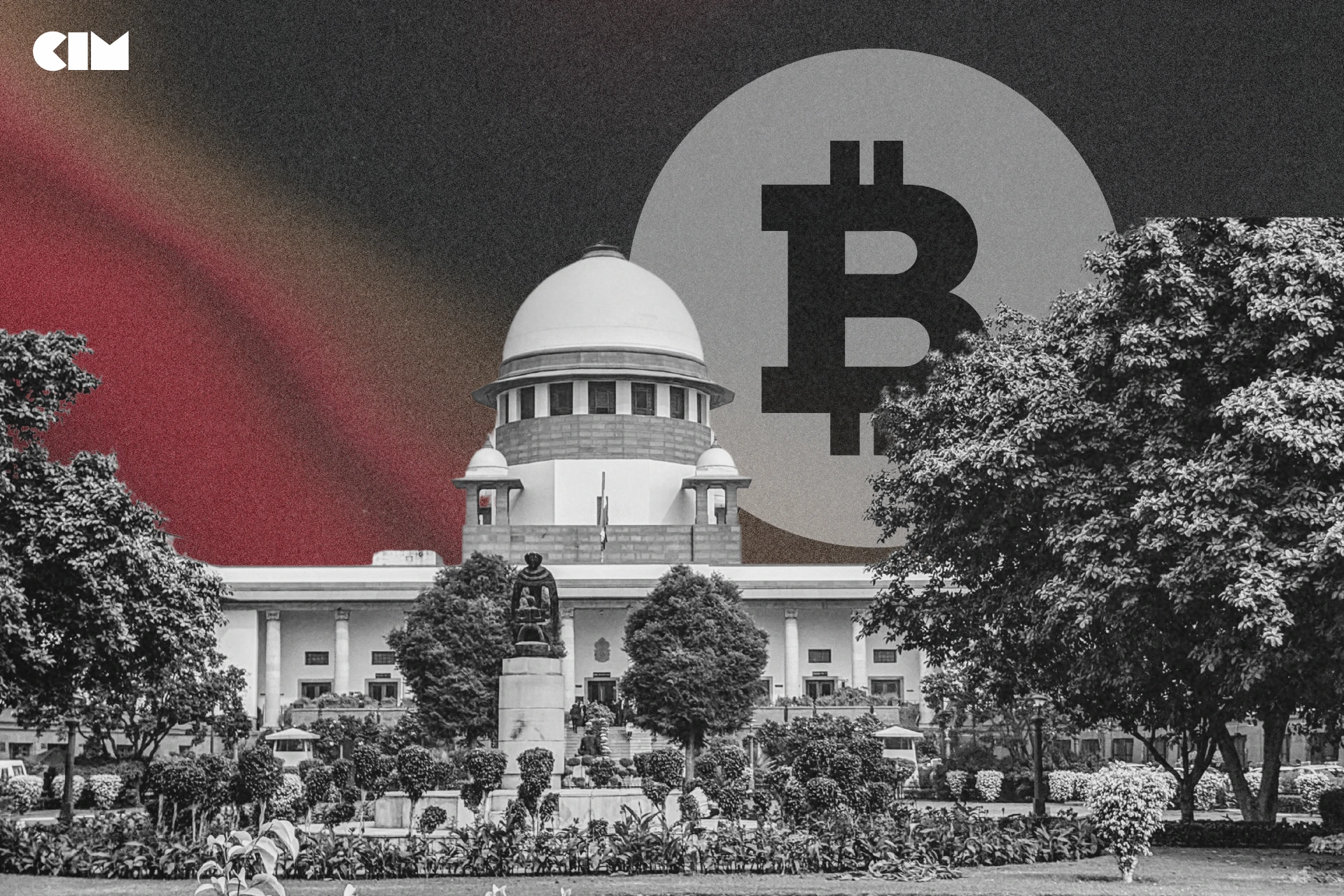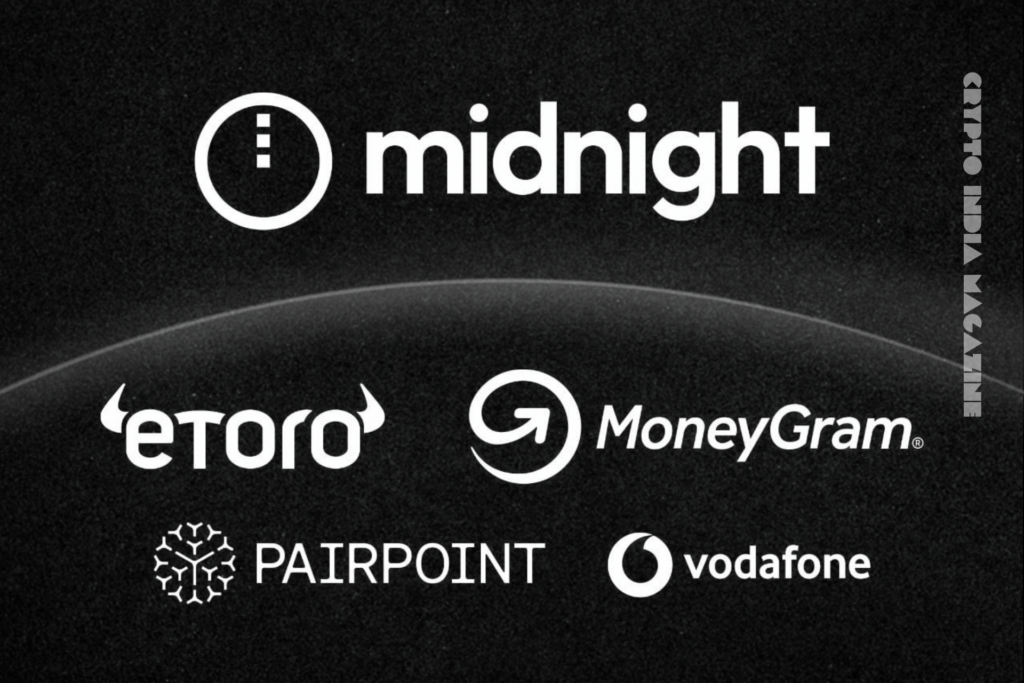Now Reading: Legal Expert Calls India’s Crypto Tax “Draconian,” Predicts Exodus of Blockchain Entrepreneurs
-
01
Legal Expert Calls India’s Crypto Tax “Draconian,” Predicts Exodus of Blockchain Entrepreneurs

Legal Expert Calls India’s Crypto Tax “Draconian,” Predicts Exodus of Blockchain Entrepreneurs
- Supreme Court advocate and researcher at the IIT Kanpur, Amit Kumar Gupta criticized India’s “draconian” crypto tax, claiming it stems from a government misunderstanding of blockchain technology.
- Gupta argued that India’s strict crypto taxation could push entrepreneurs out of the country, hindering blockchain innovation and adoption.
At the Peer-to-Peer Financial Systems Workshop 2024, Amit Kumar Gupta, a Supreme Court advocate and researcher at the Indian Institute of Technology (IIT) Kanpur, presented a paper highlighting the challenges posed by India’s stringent crypto tax regime.
Describing the government’s crypto taxation policies as “draconian,” Gupta argued that the Indian government’s view of blockchain technology is misguided, seeing it as primarily used for illicit activities such as money laundering and terrorist financing.
India’s crypto tax, which came into effect on April 1, 2022, imposes a 30% tax on profits without allowing users to offset their losses. Additionally, there is a tax applied to every crypto transaction, further straining those involved in the space.
According to Gupta, these harsh measures reflect a fundamental lack of understanding among regulators about the broader potential of blockchain and Web3 technologies. He noted that the government appears to equate cryptocurrency with illegal activities, stating, “Their stand is that we are not going to allow anyone to use cryptocurrency because this technology is only for money laundering and terror funding.”
Gupta also expressed concerns that India’s heavy-handed approach will push crypto entrepreneurs and innovators out of the country. He pointed out that many are seeking refuge in more crypto-friendly jurisdictions with clearer regulatory frameworks, saying, “Any founder, trader, or anyone dealing with cryptocurrency or blockchain… whenever he makes a profit, he leaves the country.”
ALSO READ: Indian Finance Minister Ignores Crypto Industry’s Budget Tax Plea
Despite these obstacles, some industry leaders believe that India’s tech community continues to advance Web3 projects.
Rohit Mohan, CEO of NC Global Media, a Web3 marketing firm, noted that while the regulatory environment remains challenging, Indian developers are still driving innovation. He remains optimistic about India’s potential to lead globally in blockchain, emphasizing that collaboration and education are key to fostering a more favorable environment for crypto and blockchain technologies in the country.







